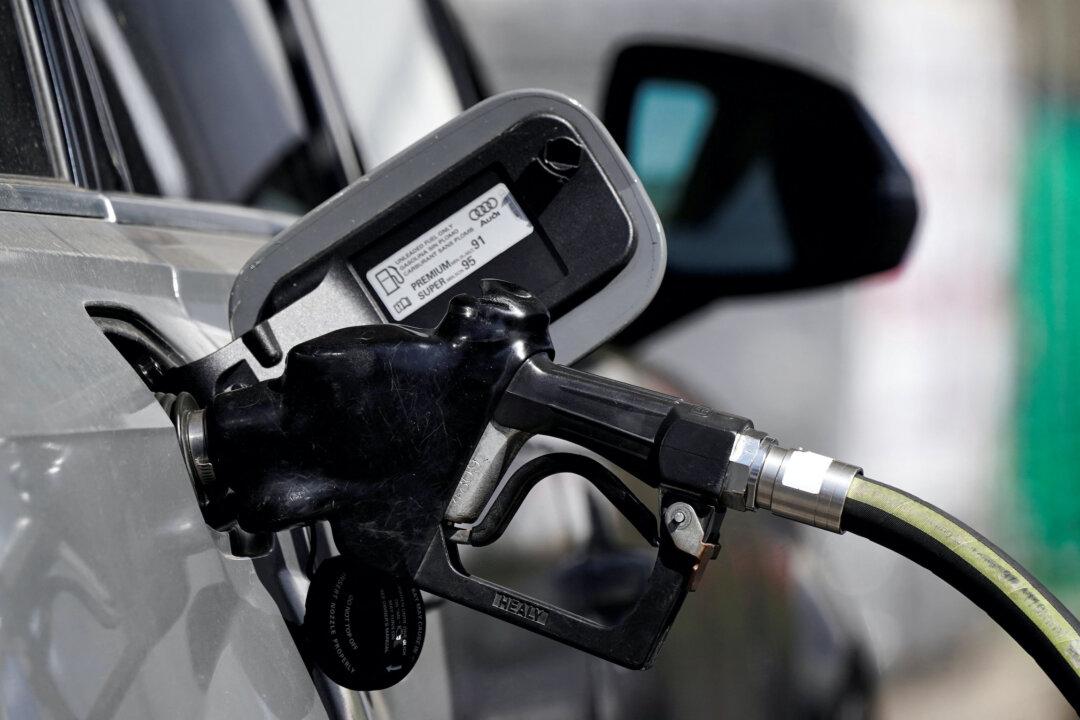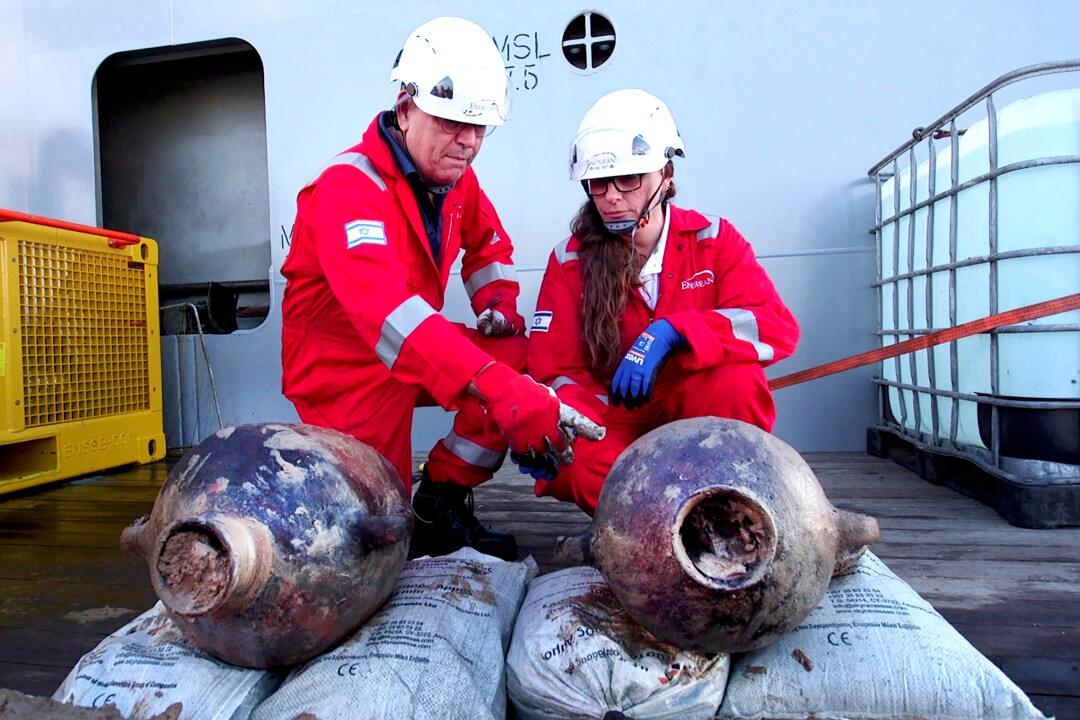The two biggest U.S. oil companies are testing the production of new, less carbon-emitting blends of gasoline, as the government push for electric vehicles (EVs) gets more pronounced.
Chevron Corp. and Exxon Mobil Corp. are testing gasoline production from non-fossil sources, a move that could extend the period gasoline-powered vehicles remain available for purchase, as a low-emissions alternative to EVs.





